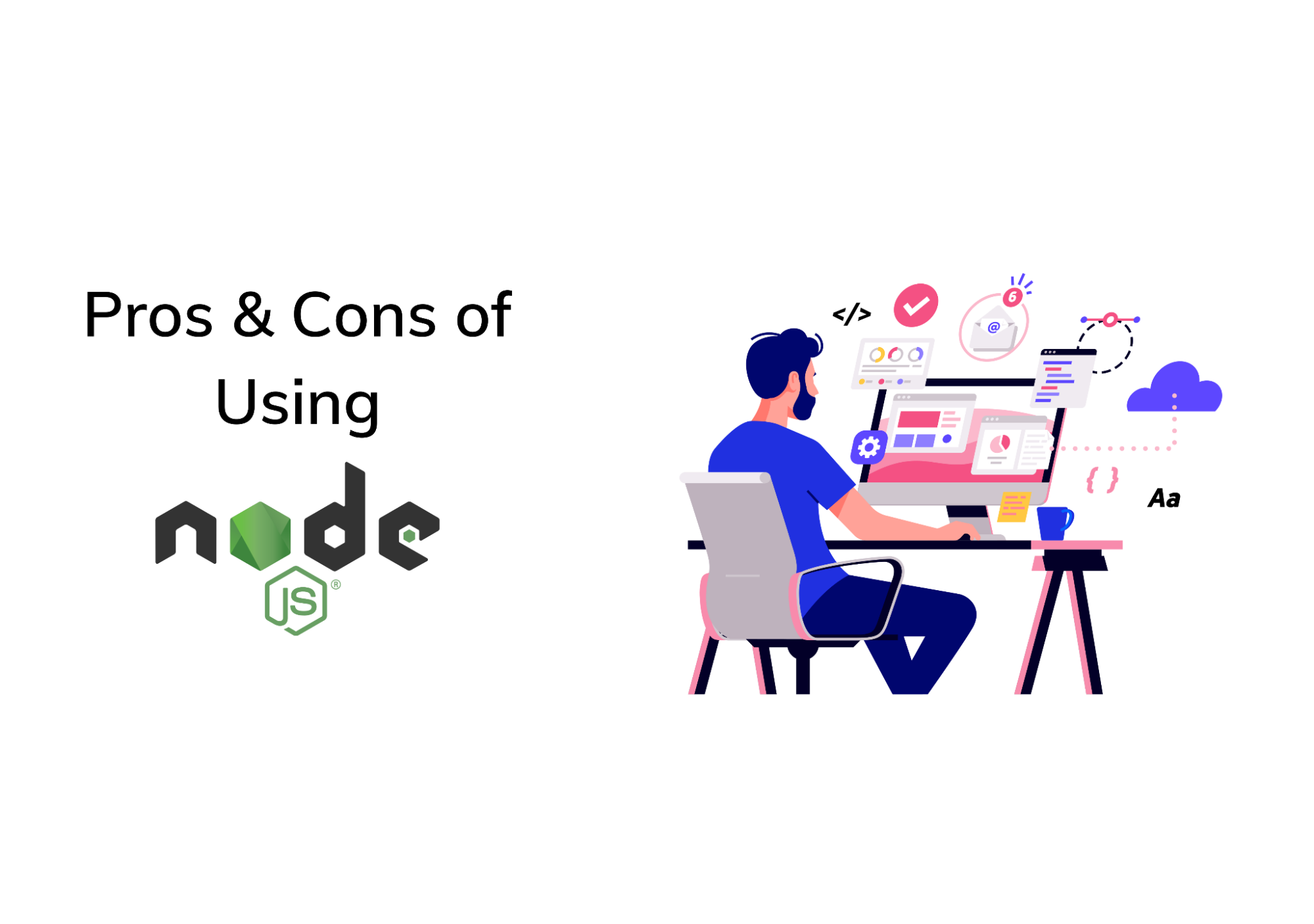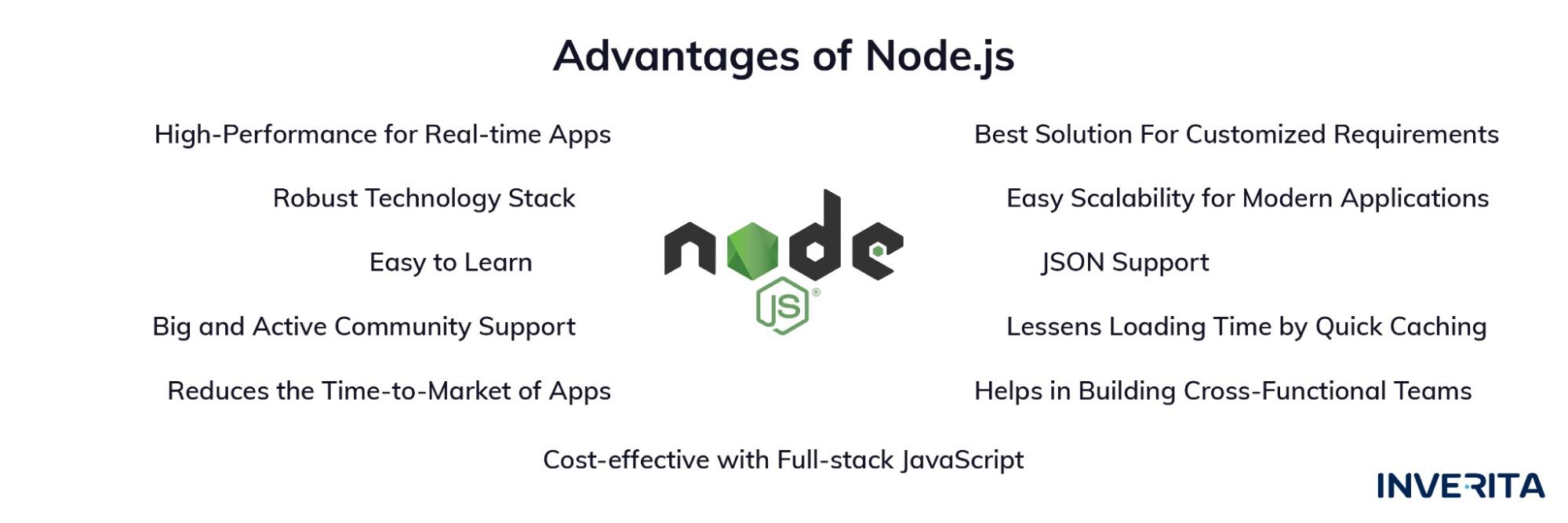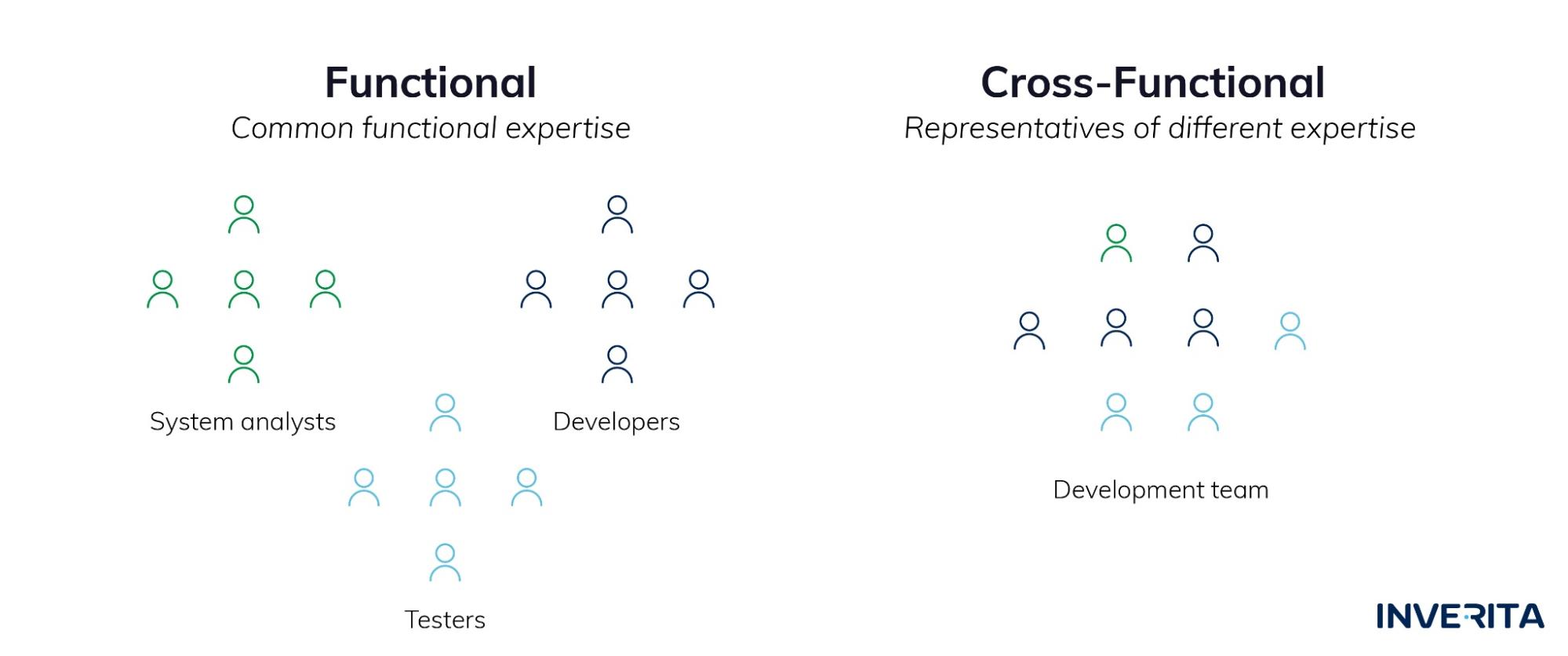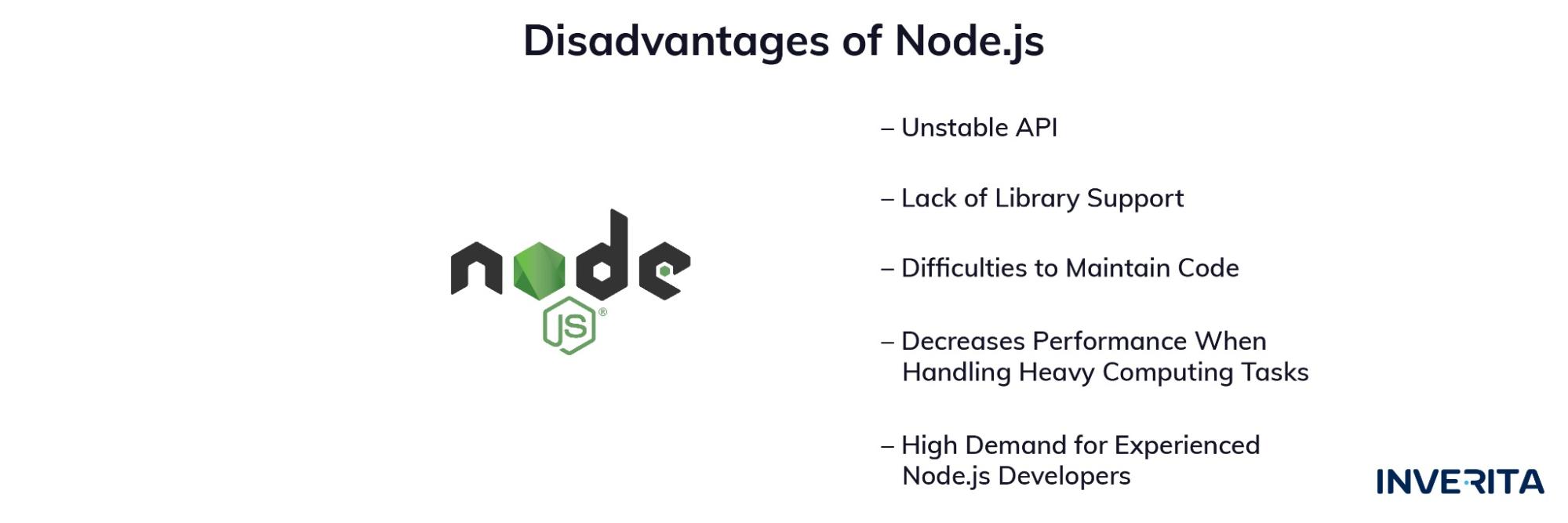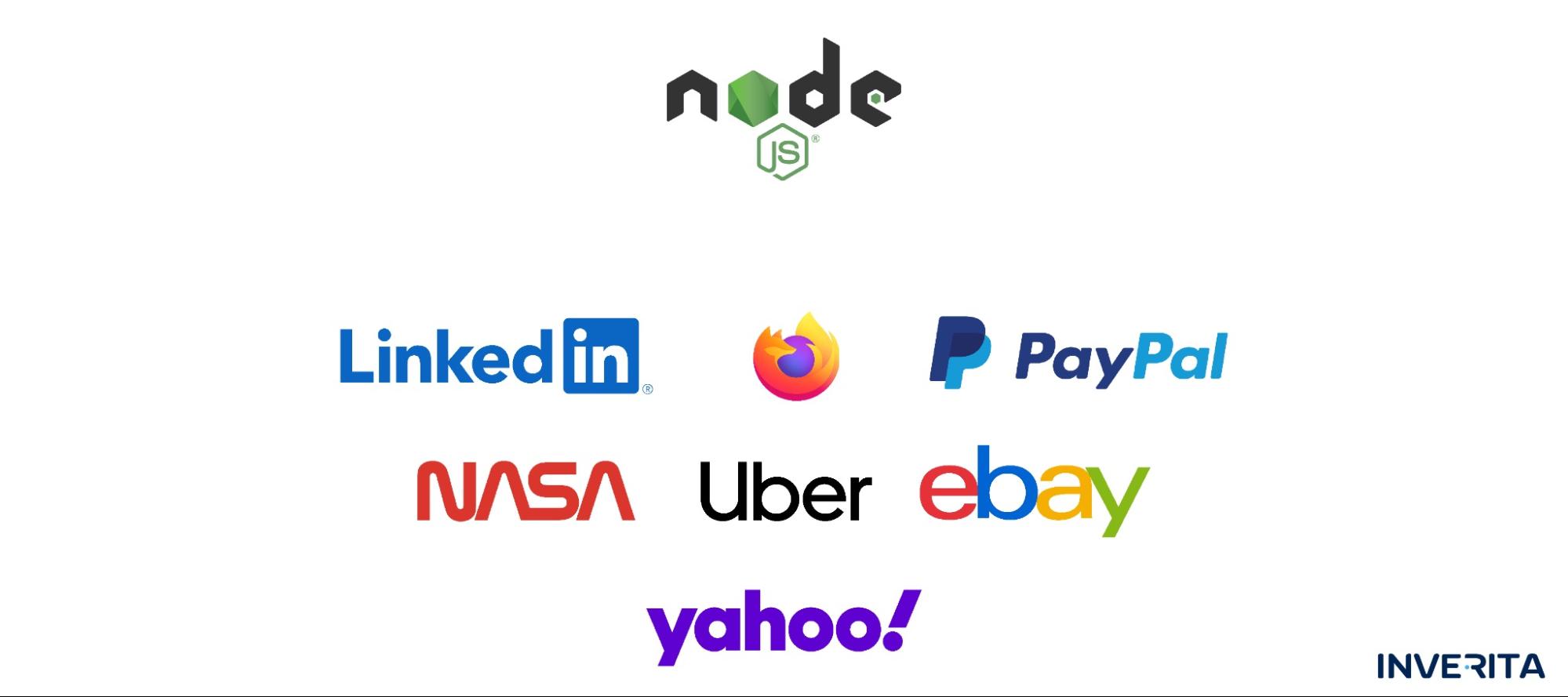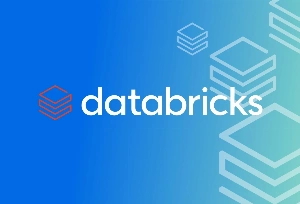There are numerous Node.js advantages that make it a popular choice for web development of companies like Netflix, NASA, Paypal, and many small startups.
#1 Easy to Learn
The learning curve of Node.js is not steep as long as you’re familiar with Object-oriented programming and JS fundamentals. Node.js facilitates the use of JavaScript on the server-side, therefore, it’s quite easy for developers who are familiar with JS to get started with it.
Node.js also offers extensive documentation and there are plenty of courses and tutorials on GitHub so you can easily find quality information for learning.
#2 Robust Technology Stack
JavaScript has been winning the podium among the most popular programming languages for a few years in a row. If you opt for Node.js for backend development, you automatically receive all the benefits of full-stack JS development such as:
- Great speed and performance;
- The ability for code reuse and sharing;
- A large number of free tools.
The code on the front end and back end can be reused by being wrapped into modules. As a result, your development team is flexible, and the development process is less time- and cost-consuming so you get your product faster and can constantly improve it without much effort.
#3 High-Performance for Real-time Apps
One of the advantages of Node.js is that it gives the ability to build powerful and high-performance applications that immediately display results. And the reason for this is Node.js multitasking abilities. Node.js has a single-threaded and event-driven architecture that makes it outperform others and process a number of concurrent requests without clogging the RAM. Event-loop and non-blocking I/O operations make the execution of code possible at a pace that significantly improves the performance of the application.
What is more, Node.js is built on Google Chrome’s V8 engine and written in C++. As Google invests non-stop in its engine to enhance security, performance, etc., it directly results in better performance of V8 and Node.js correspondingly.
PayPal reported a 35% decrease in average response time for the same page. After switching to Node.js from Java, pages get served 200ms faster.
#4 Big and Active Community Support
As an open-source technology, Node.js is being used, built, and maintained by its community. Without any money-oriented governance, Node.js can boast of having one of the biggest and most vibrant communities among the technologies.
According to Stack Overflow Developer Survey results 2024, Node.js takes first place among the most used web technologies. 
